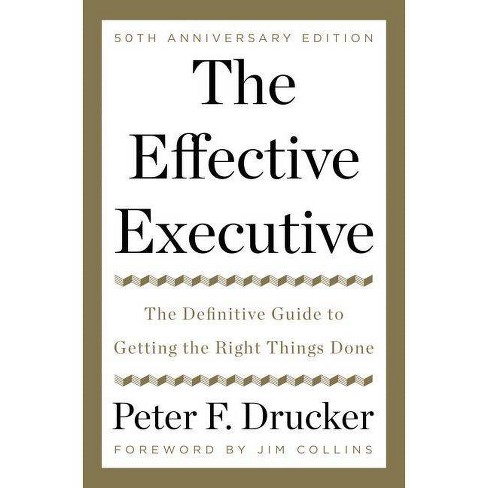I teach two sections of this course every fall.
ENGL 1003 Syllabus Overview
Reading Worksheets
My students don’t take reading quizzes. They complete reading worksheets. This vid explains the worksheet’s requirements.
Do THIS Not THAT: Quotation Analysis
In this continuing series, I provide concrete dos and don’ts for a variety of writing and reading practices.
Ten Commandments for Writers: Love Words
In this continuing series, I expand on the Ten Commandments for Writers I list here.
You don’t have to love words to write well.
Very few craftsmen love their tools. Would you say builders love hammers and nails? Do firemen love hoses? Do insurance agents love policies? Builders, firemen, and insurance agents simply judge their tools by how useful they are. (Also, you probably shouldn’t become a fireman if you hate hoses.) Many builders, firemen, and insurance agents love their work because they love what their tools accomplish: a home, a rescued home, or a secure home.
So, yes, you can write well and not love words. You can instead love what your words produce: change, encouragement, or even love. Words build worlds. Words put fires out (and other words have started them). Words provide security. But words are more than just a means to an end.
The first book of the Old Testament begins with God making the world with words. But words are more than just God’s tools. The fourth gospel of the New Testament says that God’s Son is the Word. God’s words and God’s identity are connected. If you love what God’s words made, you should love the Word too.
If you’re a writer—if being a writer is who you are and not just what you do—you’ll love words. When you call your mother on the phone, you’ll use the word “mom” or maybe “momma,” and when you say that word, you’ll feel a flood of associations. You’ll start to love that there’s a word—only three or five letters long—that sums up all the things you feel about this person you love. That feeling is inseparable from the word that helps you name it.
There’s a difference between someone who writes, and someone who’s a writer. That difference is love.
Do THIS Not THAT: Quotations
In this continuing series, I provide concrete dos and don’ts for a variety of writing and reading practices.
Do THIS Not THAT: Topic Sentences
In this continuing series, I provide concrete dos and don’ts for a variety of writing and reading practices.
Do THIS Not THAT: Theme
What Does It Take To Change?
Effective > Efficient
Drucker, Peter F. The Effective Executive. New York: Harper and Row: 1966.
I’m an executive. Don’t laugh. You probably are too. It’s not your job title that makes you an executive, argues Peter Drucker. You’re an executive if you’re responsible for contributing to your organization’s performance and helping it produce results.
Continue reading “Effective > Efficient”

